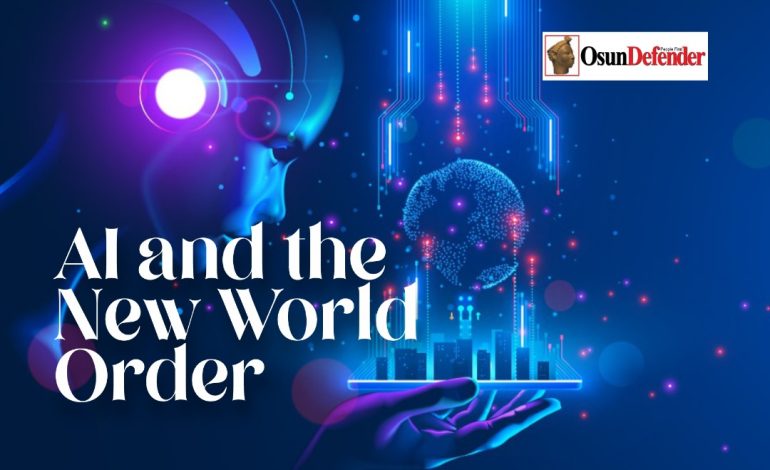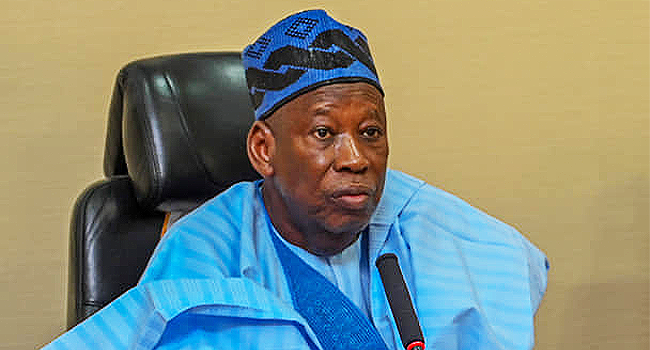AI And The New World Order: Shaping Tomorrow’s Society


The rapid advancement of artificial intelligence (AI) is reshaping the world as we know it, prompting discussions about the emergence of a new global order.
As AI technologies permeate every aspect of society, from governance and economics to healthcare and education, questions arise about the implications of this transformation.
In this piece, we explore the intersection of AI and the New World Order, examining both the opportunities and challenges that lie ahead.
AI in Governance and Policy Making
Governments around the world are increasingly turning to AI to enhance governance and decision-making processes. AI-driven systems can analyze vast amounts of data to identify patterns, predict outcomes, and optimize resource allocation. From smart city initiatives to predictive policing, AI is being leveraged to improve efficiency and effectiveness in public administration. However, concerns about data privacy, algorithmic bias, and the concentration of power in the hands of a select few underscore the need for careful regulation and oversight.
Economic Implications of AI
AI is also revolutionizing the global economy, with automation and machine learning transforming industries and labor markets. While AI has the potential to boost productivity, reduce costs, and create new job opportunities, it also threatens to exacerbate inequality and disrupt traditional employment sectors.
The rise of AI-powered platforms and the gig economy further complicate matters, raising questions about worker rights, income distribution, and social stability. Balancing the benefits of AI-driven innovation with the need for inclusive growth will be a key challenge for policymakers in the New World Order.
AI and Social Dynamics
In the realm of social dynamics, AI is influencing how we interact, communicate, and form communities. Social media platforms, powered by AI algorithms, shape the flow of information, shape public discourse, and influence behavior.
AI-powered recommendation systems personalize content consumption, creating filter bubbles and echo chambers that reinforce existing beliefs and biases. Moreover, the advent of social robots and virtual assistants raises ethical questions about the nature of human-AI relationships and the boundaries of empathy and companionship in an increasingly digitized society.
Ethical Considerations and Human Values
As AI becomes more pervasive, it raises profound ethical considerations about the values that underpin our society. Questions about algorithmic fairness, accountability, transparency, and the ethical use of AI loom large in the New World Order. Ensuring that AI systems align with human values, respect individual rights, and promote human dignity will be paramount in building a future where technology serves the common good.
Conclusion
The convergence of AI and the New World Order presents both unprecedented opportunities and daunting challenges for humanity. As we navigate this uncharted territory, we must approach AI with a clear-eyed understanding of its potential impacts and a steadfast commitment to shaping a future that is equitable, inclusive, and sustainable. By harnessing the transformative power of AI responsibly and ethically, we can pave the way for a more prosperous and harmonious society for generations to come.


Sodiq Yusuf is a trained media practitioner and journalist with considerable years of experience in print, broadcast, and digital journalism. His interests cover a wide range of causes in politics, governance, sports, community development, and good governance.










